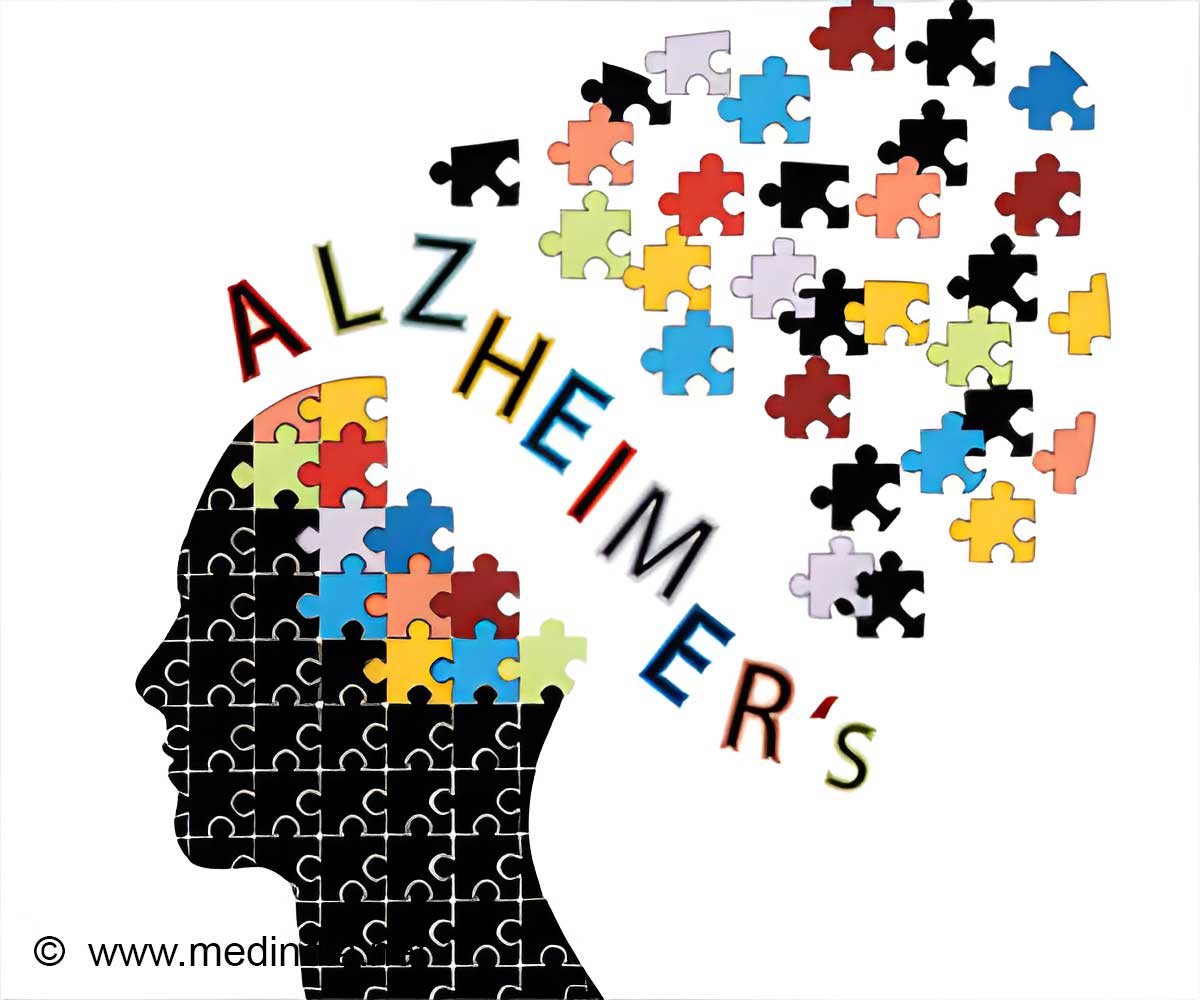Study identifies direct link between memory impairment and glucose deprivation in the brain.

- Glucose deprivation in the brain leads to the activation of p38 protein by the neurons, as a defense mechanism.
- This activation in turn, increases the accumulation of phosphorylated tau in the long-run.
- The increased accumulation of phosphorylated tau is responsible for the cognitive decline, memory impairment in particular.
Glucose decline appears in the early stages of mild cognitive impairment that happens before symptoms of memory problems begin to surface.
Alzheimer's disease is the 6th leading cause of death in the U.S. In America, more than 5.4 million adults have Alzheimer's disease. Most of them are aged 65 years and above.
By 2050, the number of people age 65 and older with Alzheimer's disease may go up from 5.2 million to 13.8 million.
In 2016, Alzheimer's along with other forms of dementia has costed the nation an estimated $236 billion.
"In recent years, advances in imaging techniques, especially positron emission tomography (PET), have allowed researchers to look for subtle changes in the brains of patients with different degrees of cognitive impairment," explained Domenico Praticò, MD, Professor in the Center for Translational Medicine at the Lewis Katz School of Medicine at Temple University (LKSOM). "One of the changes that has been consistently reported is a decrease in glucose availability in the hippocampus."
This is the first study to directly link memory impairment to glucose deprivation in the brain specifically through a mechanism involving the accumulation of a protein known as phosphorylated tau.
"Phosphorylated tau precipitates and aggregates in the brain, forming tangles and inducing neuronal death," Dr. Praticò explained.
A greater abundance of neurofibrillary tau tangles is associated with more severe dementia.
The study also is the first to identify a protein known as p38 which could be a potential alternate drug target in the treatment of Alzheimer's disease.
In response to glucose deprivation, neurons activate p38 protein possibly as a defensive mechanism. But in the long-run the activation increases tau phosphorylation, creating further problems
Glucose-Deprived Mouse
Researchers used mouse models that recapitulates memory impairments and tau pathology in Alzheimer's disease, to investigate the impact of glucose deprivation on the brain.
Some of the animals were treated with 2-deoxyglucose (DG), a compound that stops glucose from entering and being utilized by cells, around 4 or 5 months of age.
The compound was administered to the mice in a chronic manner, over a period of several months.
When evaluated for cognitive function, it was found that glucose-deprived mice performed significantly worse than their untreated counterparts.
On microscopic examination of the neurons in the brains of DG-treated mice, abnormal synaptic function was observed.
This suggested the breaking down of neural communication pathways, particularly the synaptic connections that ensure memory formation and storage.
Further examination revealed high levels of phosphorylated tau and dramatically increased amounts of cell death in the brains of glucose-deprived mice.
Earlier work had identified p38 as a driver of tau phosphorylation. In the new study, they found that memory impairment was directly associated with increased p38 activation.
"The findings are very exciting," Dr. Praticò said. "There is now a lot of evidence to suggest that p38 is involved in the development of Alzheimer's disease."
The findings show that chronically occurring, small episodes of glucose deprivation are damaging for the brain.
"There is a high likelihood that those types of episodes are related to diabetes, which is a condition in which glucose cannot enter the cell," he explained. "Insulin resistance in type 2 diabetes is a known risk factor for dementia."
Researchers will next try to inhibit p38 to see if memory impairments can be alleviated, despite glucose deprivation.
"It is an exciting avenue of research. A drug targeting this protein could bring big benefits for patients," Dr. Praticò added.
The new study is published online in the journal Translational Psychiatry.
Reference
- 2016 ALZHEIMER'S DISEASE FACTS AND FIGURES - (http://www.alz.org/facts/)
- Domenico Praticò et al. Translational Psychiatry; (2017)
Source-Medindia















